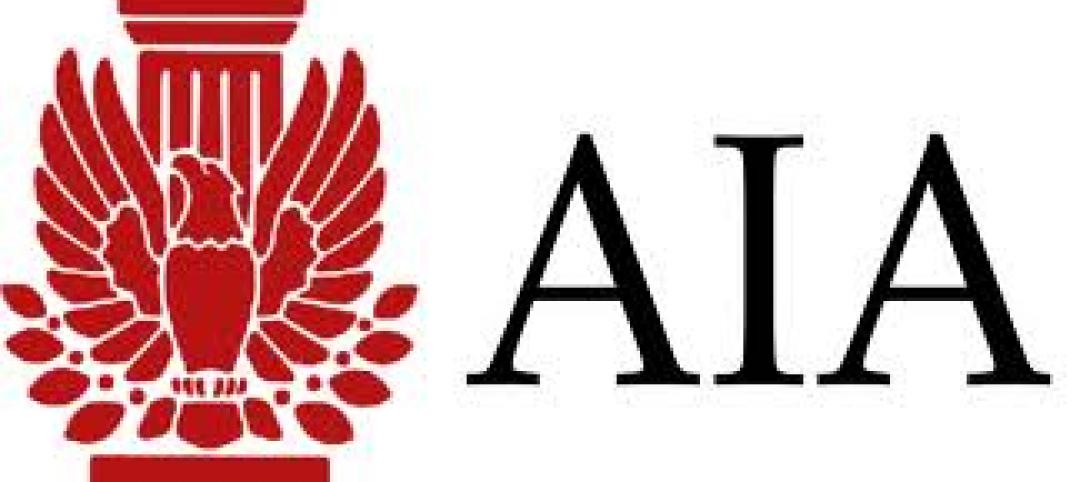GRESB recently released the 2016 update to the GRESB Green Bond Guidelines for the Real Estate Sector.
The guidelines are geared to real estate sector market participants originating and/or investing in green property bonds. Green bond issuance in 2016 currently stands at slightly above $50 billion and is on pace for $80 billion by year end—a record setting level. Key growth areas include China and Mexico.
Over the past several years, green property bonds gained greater traction, with the real estate industry emerging as a key sector. “Climate change and societal efforts to reduce carbon emissions have become one of the big investment themes,” said Nils Kok, CEO of GRESB. “Alternative investments such as green bonds, used to fund environmentally-friendly projects, have emerged as a market-driven way of bridging the financing gap by directing capital to companies with projects that can slow carbon emissions as we work to avoid environmental catastrophe.”
To read more about the GRESB Green Bond Guidelines for the Real Estate Sector, visit gresb.com.
Related Stories
| Oct 13, 2011
New Building Materials Label Focuses On Sustainability
Architectural products company Construction Specialities and design firm Perkins + Will have created a label for building materials to shed light on product content.
| Oct 13, 2011
New Law: California Building Standards Commission Must Include Green Expert
A new California law, AB 930, requires that one member of the California Building Standards Commission be “experienced and knowledgeable in sustainable building, design, construction, and operation.”
| Oct 13, 2011
AGC Urges Repeal of 3% Withholding On Government Contracts
The U.S. House of Representatives is planning a vote in October on a bill to repeal the 3% withholding requirement on all federal and state contracts for goods and services.
| Oct 13, 2011
House Bill Would Block New OSHA Regulations
Proposed riders in a U.S. House of Representatives spending bill would block the Occupational Safety and Health Administration (OSHA) from issuing controversial workplace safety and health regulations.
| Oct 11, 2011
AIA introduces five new documents for use on sustainable projects
These new documents will be available in the first quarter of 2012 as part of the new AIA Contract Documents service and AIA Documents on Demand.
| Oct 7, 2011
GREENBUILD 2011: UL Environment releases industry-wide sustainability requirements for doors
ASSA ABLOY Trio-E door is the first to be certified to these sustainability requirements.
| Oct 6, 2011
Taking tenant behavior into account on building energy codes
Over the past few years, Seattle, San Francisco, Austin, and Washington, D.C., have passed laws requiring property owners to measure and disclose their energy use, which would help place a market value on a building’s efficiency and provide a benchmark for improvements.
| Oct 6, 2011
Constructed properly, green roofs hold up well in a hurricane
The heavy rains and high winds of Hurricane Irene didn’t cause any problems for a Con Edison green roof in New York City. The roof contains sedum, a plant that adapts well to drought and handles periods of heavy rain well.
| Oct 6, 2011
RoofPoint: A new green standard for roofs
Structured much like other rating systems, RoofPoint, establishes green standards specifically for roofs.
| Oct 6, 2011
Roofers critical of new OSHA harness rules
Roofers say a new OSHA rule requiring all residential roofers to wear a safety harness makes workers less safe, and is causing lost business for those who comply with the rule.









